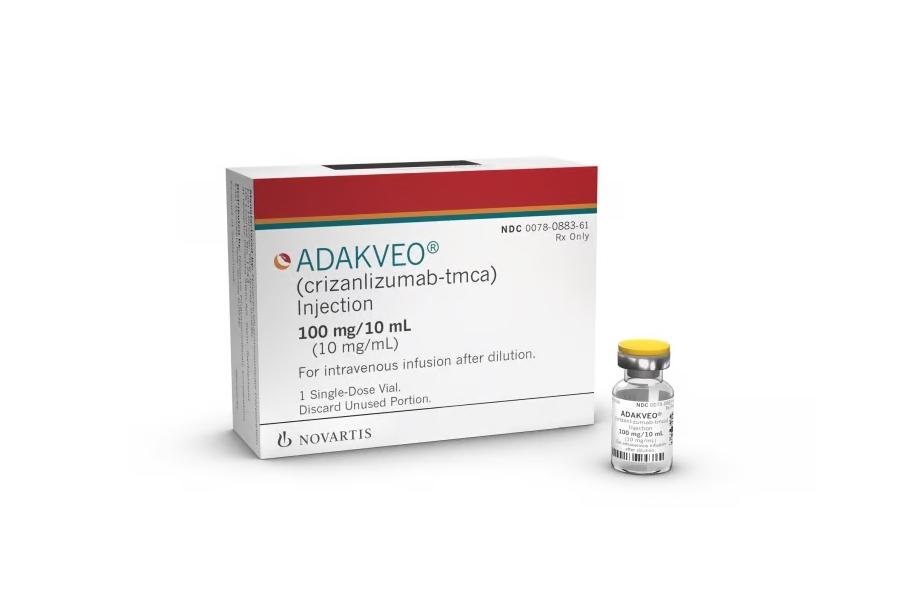EU approval for Novartis’ sickle cell drug set to be pulled

Novartis has said it is “disappointed” that the EMA’s Human Medicines Committee has recommended revoking the conditional EU approval for sickle cell disease (SCD) therapy Adakveo, and that it can no longer offer the drug to patients.
The EMA asked the CHMP to look at the approval for Adakveo (crizanlizumab) in January, shortly after Novartis reported that the drug had failed to show improved efficacy over placebo at preventing vaso-occlusive crises (VOCs) – the painful attacks that intermittently afflict SCD patients – in the phase 3 STAND trial.
Adakveo was approved by the US FDA in 2019 and by the European Commission in 2020 and, at the time, Novartis was talking about blockbuster sales for the drug due to the massive unmet need for treatments that effectively reduce VOCs in people with SCD.
The once-monthly infused drug is designed to reduce VOCs by inhibiting the P-selectin protein, which plays a role in how cells within blood vessels stick to one another - a contributing factor in VOCs. Novartis acquired the drug in 2016 via its $665 million buyout of Selexys Pharmaceuticals.
The CHMP made its decisions due to the failure of either of two doses of Adakveo (5mg/kg and 7.5mg/kg) to reduce the annualised VOC rate compared to placebo in STAND, which was the confirmatory trial designed to convert the earlier conditional EU approval to a full approval.
Overall, Adakveo-treated patients an average of 2.5 VOCs per year, compared to 2.3 VOCs per year for the control group, and treatment with the drug was associated with a slightly higher rate of crises needing a healthcare visit.
Novartis reiterated its position that the STAND results are inconsistent with previous study results from its SUSTAIN trial, which showed that Adakveo 5mg/kg worked better than placebo on that main outcome measure.
While the Commission isn’t due to make a formal decision on Adakveo’s marketing status for a couple of months, the CHMP has recommended that no new patients should be treated with the drug in the EU, and Novartis confirmed in a statement that it will comply with that request.
"For patients currently on crizanlizumab, healthcare professionals should discuss alternative treatment options with them," it added.
The drugmaker hasn’t commented on the future of the drug elsewhere, merely saying in a statement that it will “continue to coordinate with health authorities globally.”
The drug was used in around 12,000 patients last year, generating sales of less than $200 million last year, and $52 million in the first three months of 2023.
It faces competition in the market from Pfizer’s Oxbryta (voxelotor), acquired as part of its $5.4 billion takeover of SCD specialist Global Blood Therapeutics (GBT), which made $73 million last year.












